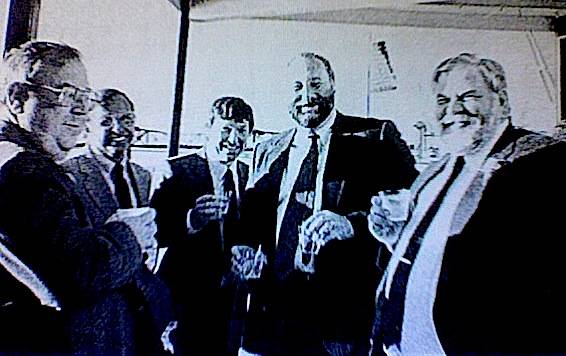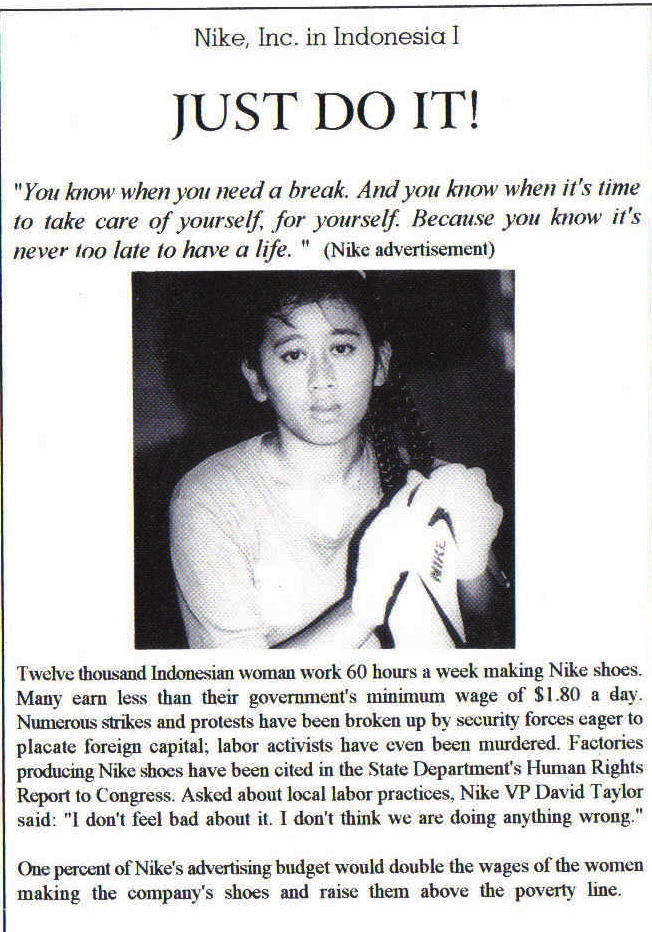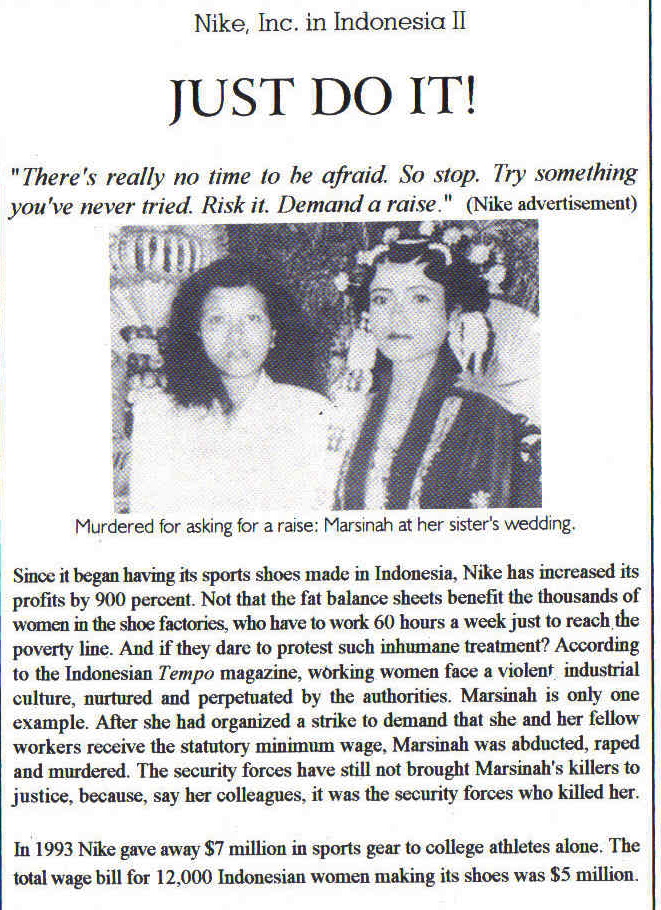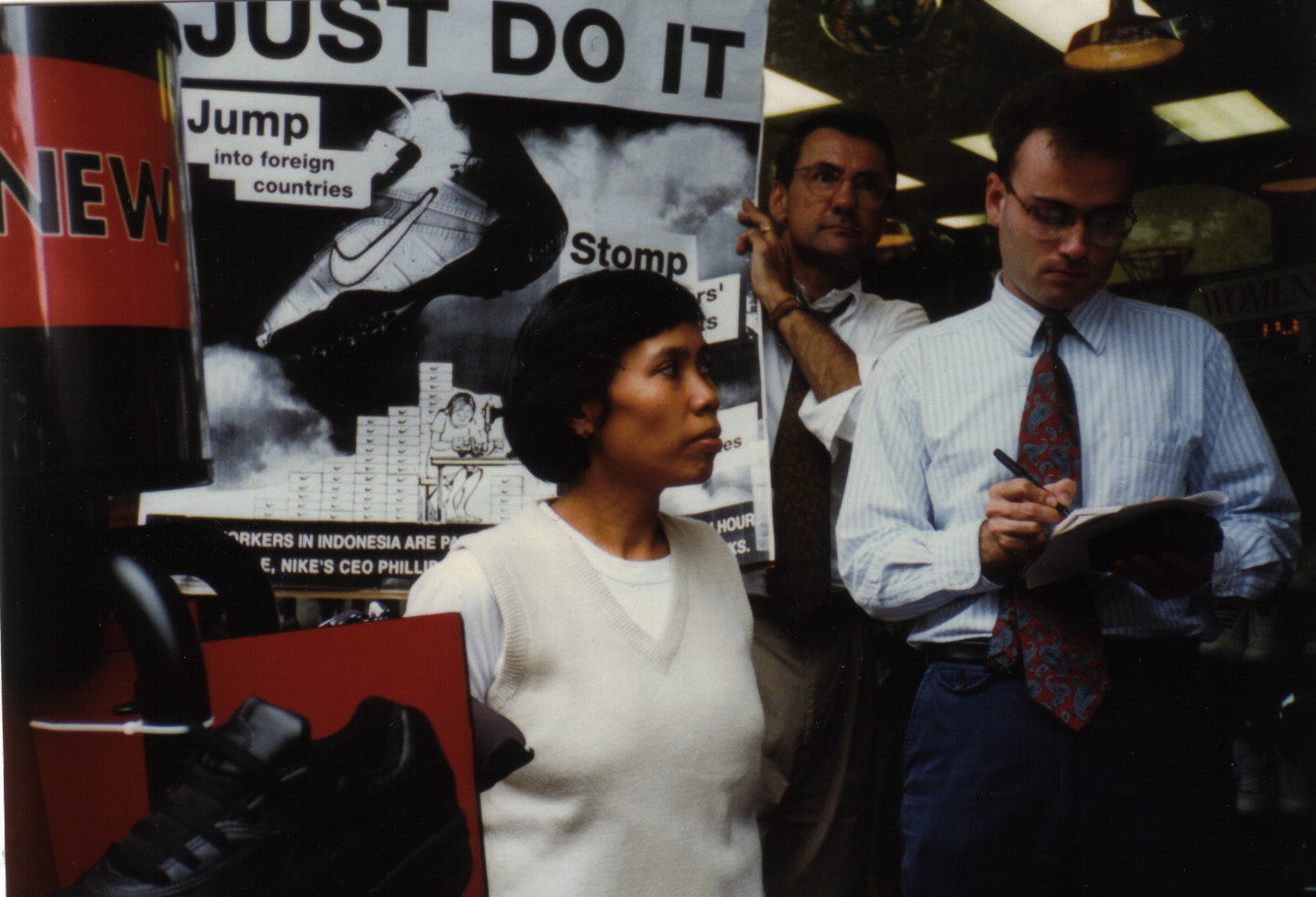Your cart is currently empty!
Category: Press for Change
ACORN International is proud to support the global campaign, Press for Change, that fights for Fair Labor, Anti-Sweatshop practices around the world.
Mission of Press for Change Campaign: Given the worldwide financial crisis, it is a safe bet that fighting sweatshop abuses here and abroad will not be a key policy undertaking for Barack Obama and his team. But this does not rule out a wide-ranging set of initiatives that would significantly empower workers. Tweaking our foreign assistance priorities, revising “democracy promotion,” and undertaking diplomacy from a community organizer’s perspective—these changes in U.S. policy would at least begin an assault on global sweatshop practices. And they are especially important as an antidote to the solipsism of Corporate Social Responsibility (CSR), wherein corporate “self-regulation” teams are rebranded as “activists” by lazy and compliant media. The new administration needs to connect with real labor activists, in Asia and Central America especially, and allow them to speak for themselves.
But first we need to collect information on sweatshop practices abroad and make it available to activists, who often can’t collect it themselves.
-

Abuses at NIKE

Nike Execs: “We’re a Fitness Company!”
Working Conditions & Struggles at NIKE Inc. in Indonesia



Nike Fights Trade Suit and Anti-Sweatshop Protest at the Supreme Court Click here

DC Protest


2006 protest in Jakarta (Nike had to shut down offices for a few days)
OUR TAX DOLLARS FOR NIKE PUBLIC RELATIONS?“Funded by a grant from the Bureau of Educational and Cultural Affairs’ SportsUnited Office at the U.S. Department of State, the exchange is part of Secretary of State Hillary Rodham Clinton’s Women’s World Cup Initiative, launched on June 6, 2011, which seeks to empower women and girls through sports.” What’s the goal? Empower girls through soccer Jun 25 | By Lindsey Emery
-
Press for Change Founder Jeff Ballinger
Reports on Sweatshop Practices around the World
Harvard International Review How Civil Society Can Help: Sweatshop Workers as Globalization Consequence
War Resisters Magazine Responsibility Is the New Justice? Student Activists Say “No!”
-
Press for Change Campaign Mission
Given the worldwide financial crisis, it is a safe bet that fighting sweatshop abuses here and abroad will not be a key policy undertaking for Barack Obama and his team. But this does not rule out a wide-ranging set of initiatives that would significantly empower workers. Tweaking our foreign assistance priorities, revising “democracy promotion,” and undertaking diplomacy from a community organizer’s perspective—these changes in U.S. policy would at least begin an assault on global sweatshop practices. And they are especially important as an antidote to the solipsism of Corporate Social Responsibility (CSR), wherein corporate “self-regulation” teams are rebranded as “activists” by lazy and compliant media. The new administration needs to connect with real labor activists, in Asia and Central America especially, and allow them to speak for themselves.
But first we need to collect information on sweatshop practices abroad and make it available to activists, who often can’t collect it themselves.
Discussion: finding an anti-sweatshop strategy that works
